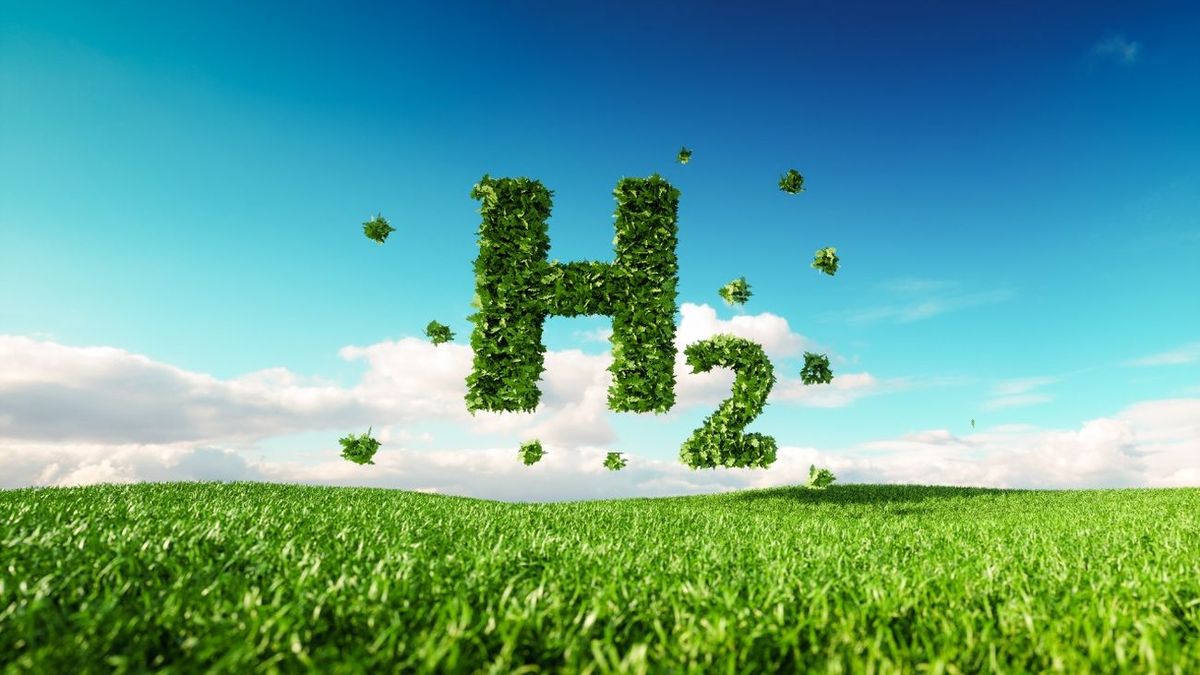In Argentina there is a law for the promotion of hydrogen, which was sanctioned in August 2006. However, it was never regulated. In addition, it was valid for 15 years. In the Government they consider that it is a sector to promote on the road to energy transition, with the comparative advantages that the country has: It is a sector that needs competitive renewable energy, and Argentina has good natural resources, such as wind power in Patagonia or solar power in the NOA.
However, Argentina is not the only country in the region with natural resources: energy companies considering entering hydrogen are also looking to Chile. The neighboring country has already started public tenders to develop pilot projects. For this reason, in addition to providing a regulatory framework, the Government will include a section on economic incentives. It is a capital-intensive industry, with repayments that can take 20 years, so they are studying some system of guarantee of access to foreign currency, to provide predictability when investing or importing.
Based on conservative estimates, Argentina could reach 2050, a key year in the Paris Agreement, with a 2.5%-5% penetration in the world market, which would imply investments of at least US$100,000 million and exports of more than US$ s15,000 million per year. In terms of job creation, if value chains are developed, the industry could exceed 50,000 workers. This follows from a work carried out by the Council for Structural Change, which depends on the Kulfas ministry. In fact, the highest investment announcement in the last 20 years was for this sector, made last year by the Australian company Fortescue to install a hydrogen plant in Río Negro.
The hydrogen market is very incipient, but Argentina does not want to lose the race. Argentina could be one of the five net exporters in the world (along with Australia, Canada, Chile and the Arabian Peninsula), according to the traunder published by the CEP XXI. In a dialogue with Ámbito, Juan Ignacio Arroyo, a specialist in energy issues, assured that the legislation “should include regulatory aspects on the certification of the carbon footprint”in line with international standards, for insertion in the international market.
In any case, a shower of investments is not expected in the short term. “The global market does not yet exist, only after 2030 could the hydrogen trade take off, when electrolyzation costs are reduced and infrastructure is developed”projected Arroyo. “The pace will largely depend on the decarbonisation ambition of the countries”added the economist.
In the Government they know that the global energy groups are looking at hydrogen and that the war in Ukraine is going to alter the energy sector worldwide. In the document made by Julio and Mateo Suster, it is detailed that more than 20 countries began to outline strategies in relation to this industry, from the European Union to China and the United States. Regarding uses, he adds that the greatest incentives will be in vehicles, public transport, homes and industry.
Source: Ambito
David William is a talented author who has made a name for himself in the world of writing. He is a professional author who writes on a wide range of topics, from general interest to opinion news. David is currently working as a writer at 24 hours worlds where he brings his unique perspective and in-depth research to his articles, making them both informative and engaging.




